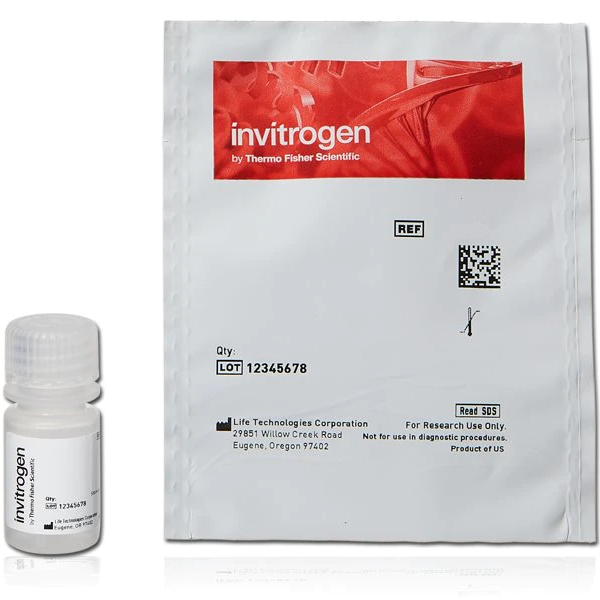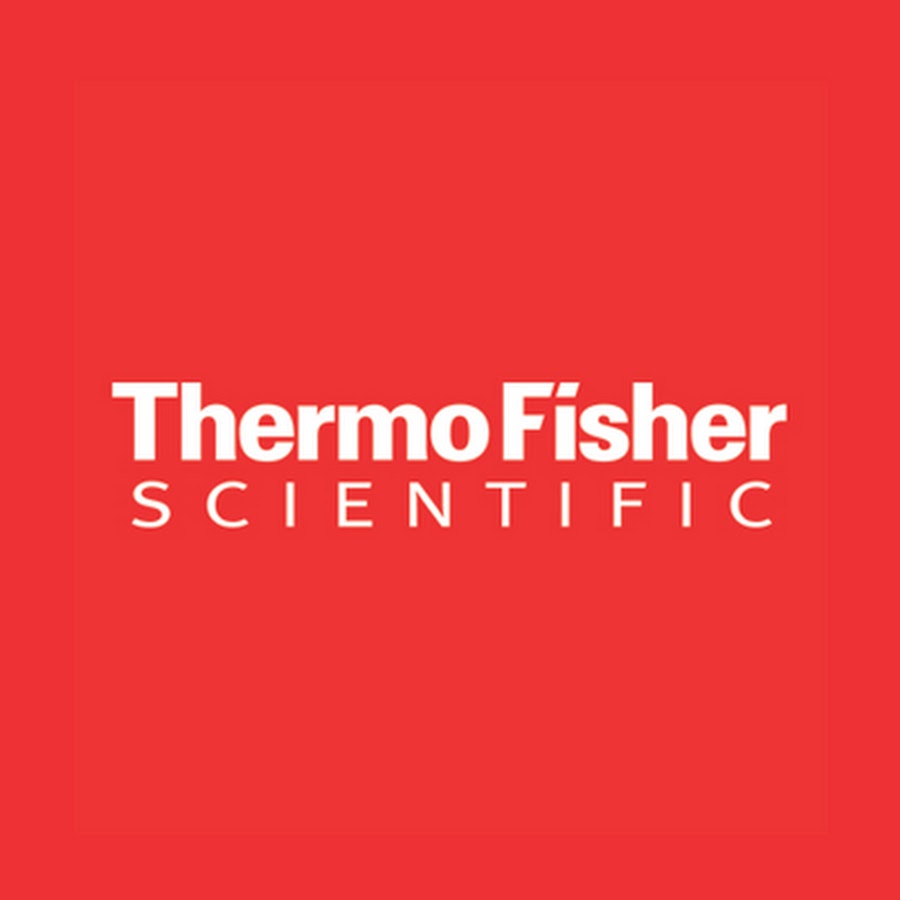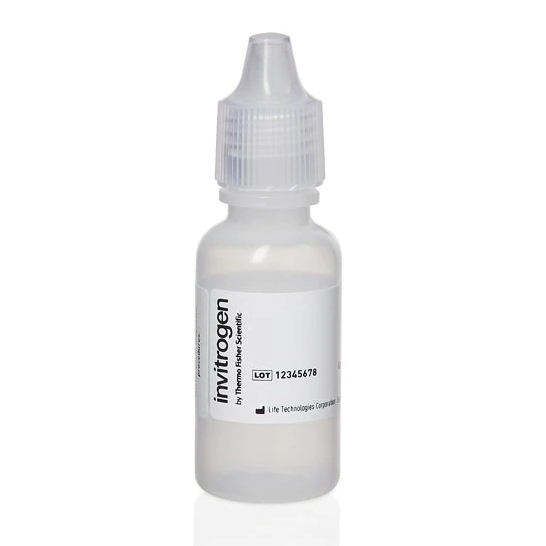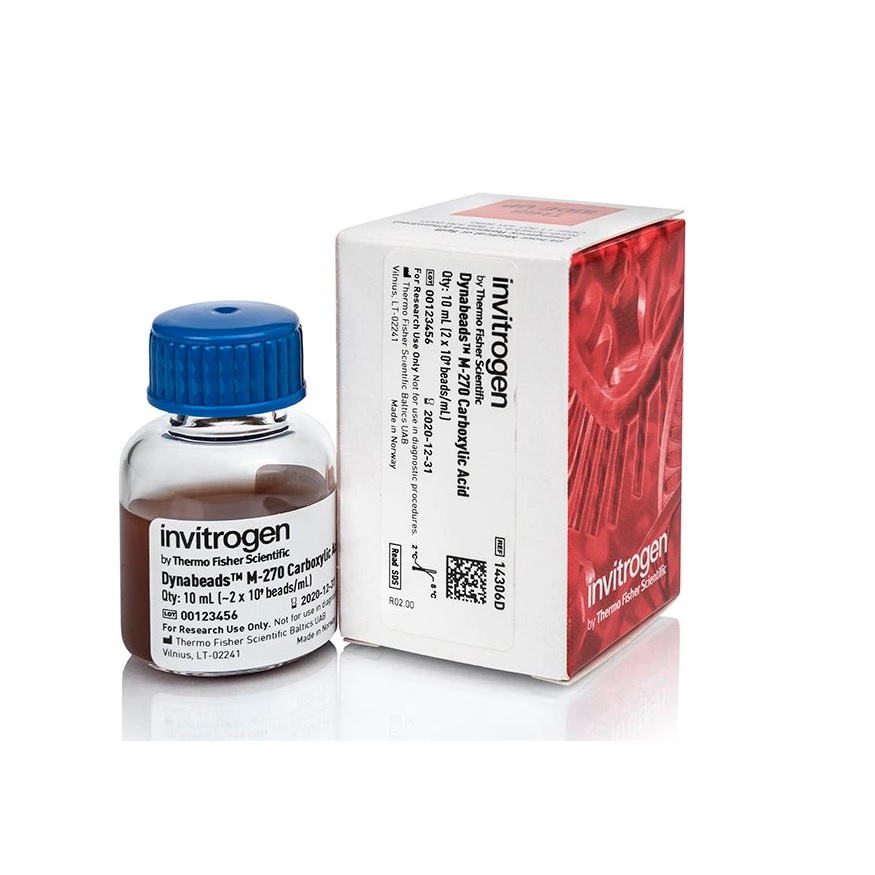Invitrogen™ FluoSpheres™ Sulfate Microspheres, 4.0 µm, Yellow-Green Fluorescent (505/515), 2% Solids
On demandInvitrogen™ FluoSpheres™ Sulfate Microspheres, 4.0 µm, Yellow-Green Fluorescent (505/515), 2% Solids
Microspheres (also called latex beads or latex particles) are spherical particles in the colloidal size range that are formed from an amorphous polymer such as polystyrene. Our Molecular Probes™ FluoSpheres™ beads are manufactured using high-quality, ultraclean polystyrene and are loaded with a variety of our proprietary dyes to create intensely fluorescent beads that typically show little or no photobleaching, even when excited with the intense illumination required for fluorescence microscopy. Different surface modifications are available to facilitate the coupling of various molecules and proteins to the surface of the bead.
Characteristics of the Various FluoSpheres™ Coupling Surfaces
- Carboxylate-modified FluoSpheres™ beads have a high density of pendent carboxylic acids on their surface, making them suitable for covalent coupling of proteins and other amine-containing biomolecules using water-soluble carbodiimide reagents such as EDAC
- Sulfate FluoSpheres™ beads are relatively hydrophobic particles that will passively and nearly irreversibly adsorb almost any protein, including albumin, IgG, avidin, and streptavidin
- Aldehyde-sulfate FluoSpheres™ beads have surface aldehyde groups added, designed to react with proteins and other amines under very mild conditions.
- Amine-modified FluoSpheres™ beads can be coupled to a wide variety of amine-reactive molecules, including the succinimidyl esters and isothiocyanates of haptens and drugs or the carboxylic acids of proteins, using a water-soluble carbodiimide
Key Applications of Microspheres
- Instrument calibration (flow cytometry, microscopy, HTS, HCS)
- Flow testing (microfluidics, blood flow, water flow, and air flow)
- Cell biology tracers (cell differentiation and cell tracing)
- Immunoassays (agglutination tests, ELISA, particle capture, and contrast reagents)
There are no specifications
There are no report
You May Also Like
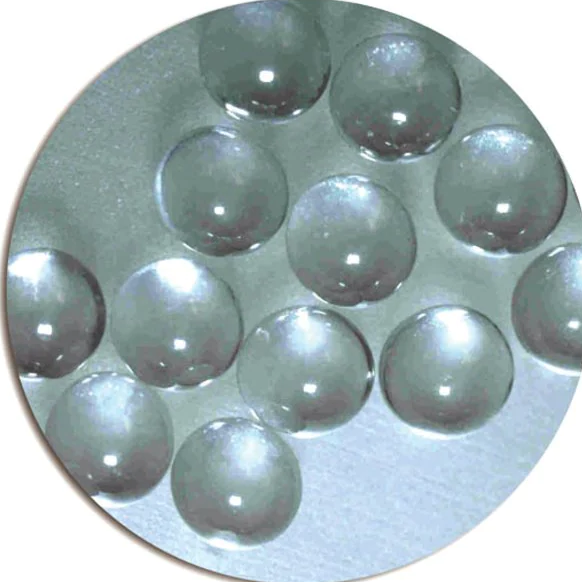
Thermo Scientific™ 9000 Series Glass Particle Standards, 650 μm
$ On demand
On demand

Thermo Scientific™ Cyto-Plex™ Carboxylated Particles, 5 μm, 1 mL, Level 3
$ On demand
On demand
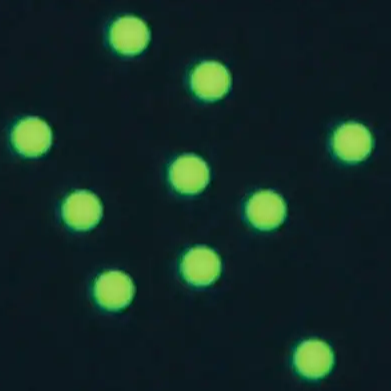
Thermo Scientific™ Fluoro-Max Green and Red Dry Fluorescent Particles, Green, 160 μm, 5 g
$ On demand
On demand

Invitrogen™ FluoSpheres™ Biotin-Labeled Microspheres, 1.0 µm, yellow-green fluorescent (505/515), 1% solids
$ 1,006
On demand
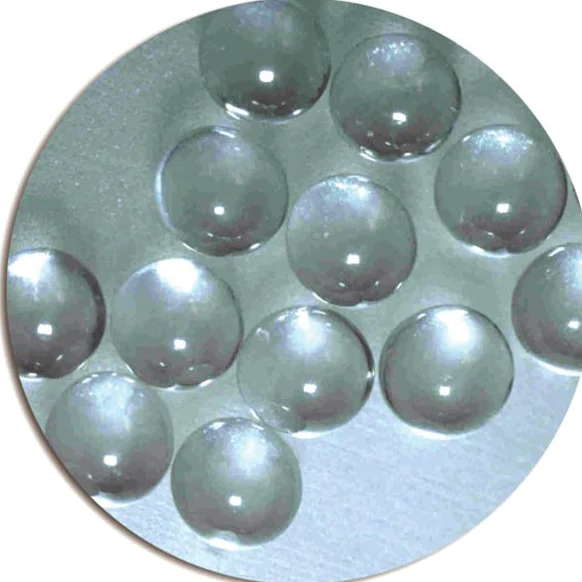
Thermo Scientific™ 9000 Series Glass Particle Standards, 60 μm
$ On demand
On demand
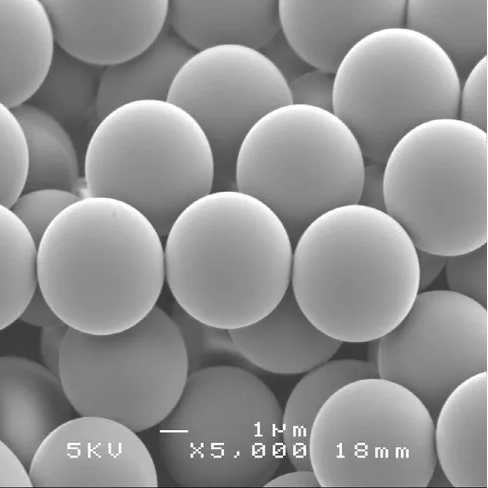
Thermo Scientific™ PHARM-TROL™ Count Precision Size Standards, 15.0 ± 0.2 μm
$ On demand


